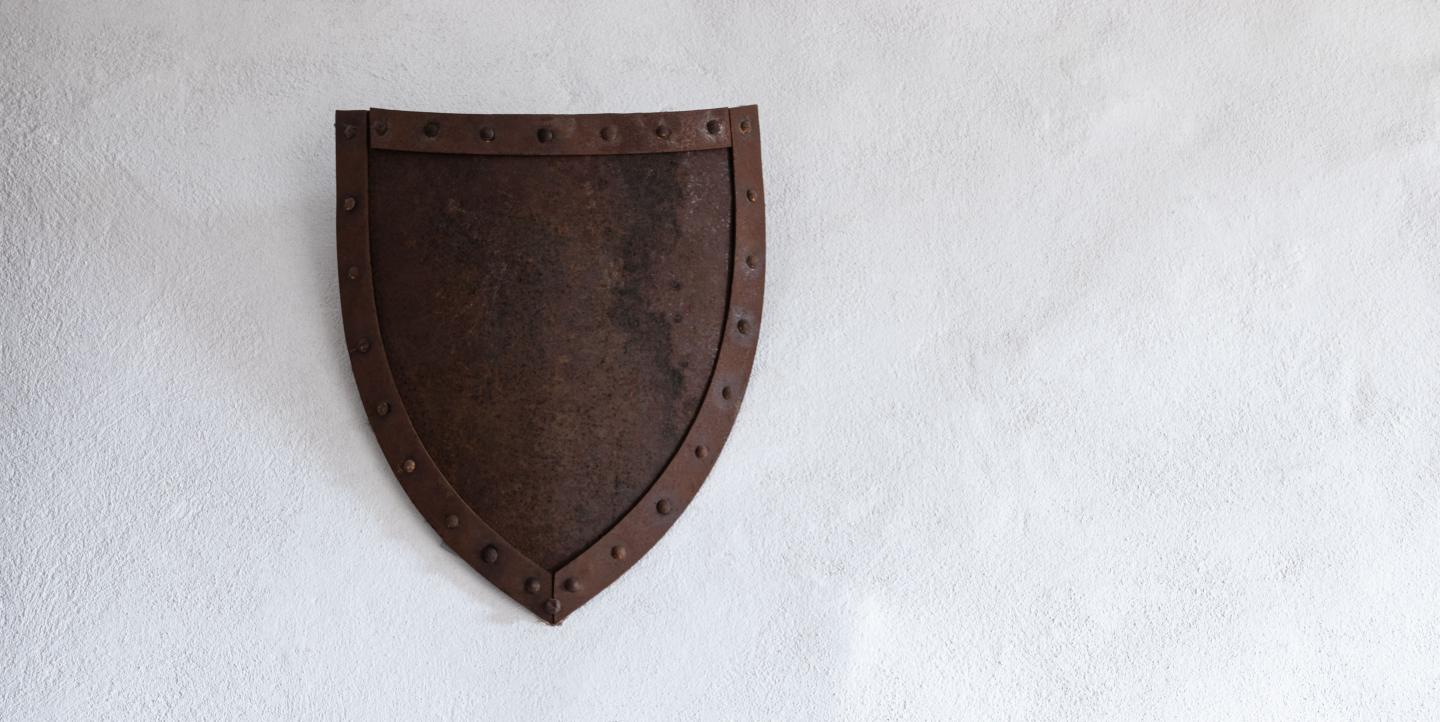In 2017, the United Nations recognized a worldwide increase in Strategic Lawsuits Against Public Participation (SLAPPs). These lawsuits aren’t meant to be won; rather, they seek to drain the financial resources of journalists and the media outlets they work for.
Ultimately, a SLAPP’s goal is to silence journalists and their reporting around issues of public interest, chilling potential future independent reporting as a result.
Enter Reporters Shield, a new organization seeking to protect media outlets and journalists globally from SLAPPs. Run as a membership program, it employs a combination of training and legal assistance to first lawsuits meant to financially overwhelm reporters and silence their coverage.
Peter Noorlander, Reporters Shield’s founder and director, previously worked for the Organized Crime and Corruption Reporting Project (OCCRP), a major force behind the initiative.
“I remember talking to [OCCRP] about [Reporters Shield] as long ago as 10 years ago,” said Noorlander. “It's a project that's been really long in the making.”
Prevent, respond, defend
Reporters Shield, in essence, acts as insurance for media outlets that are at high risk of being litigated for their reporting. It accomplishes this mission through a three-pronged approach:
First, prevention. Lawyers conduct pre-publication reviews of high-risk investigative pieces, for which they assess words or ideas that could be misconstrued as defamatory and offer advice on alternate language that could be used. Reporters Shield also trains members on basic media law to help them better identify stories that are at higher risk of being “SLAPPed.”
The second prong, response, takes effect if, despite the prevention procedures, an outlet is sued. Legal experts at Reporters Shield will draft and file responses to the court on their outlets’ behalf, using their expertise in media law to either establish a defense of the outlet or seek to dismiss the suit entirely.
Should the claim go to trial, Reporters Shield will identify and cover the cost of qualified lawyers to represent the outlet as part of the third prong, defense.
“There's an element there of us saying, ‘We'll take the stress out of it for you,’” said Noorlander.
Qualifying for membership
Not all outlets are suited for membership with Reporter’s Shield. Prospective outlets should:
- Be legally registered
- Conduct general or niche investigative reporting, such as environmental or social justice investigations
- Publish work in print and/or online
- Subscribe to a journalistic code of ethics
Although there are other requirements, these four are the deciding factors between ideal and non-ideal candidates for membership, Noorlander explained.
“I’ll tell you what we don’t want. There are some journalism outlets – and I use that word with some hesitation – that engage in attack journalism,” he said. "Those would fall below the minimum criteria that we have in terms of journalistic ethics.”
“Anybody that does meet those criteria, we're very happy to have them as members,” he continued.
Each member pays an annual fee that varies based on the outlet’s size, their past history of lawsuits and the going rate for lawyers in the country it is based. These fees contribute to Reporters Shield’s defense fund to cover the cost of the lawyers they hire.
How to apply
Reporters Shield welcomes applications from all around the world in a phased approach, by region. As of publication, Reporters Shield is accepting applications from media organizations in South America, North America, Europe, and Central Asia.
Outlets submit a Google Form to apply for membership. The team at Reporters Shield then reviews the information to decide whether the outlet is a good fit for membership, and exactly how much the outlet will have to pay annually as a member.
“We publicly launched a couple of weeks ago, but we immediately got a good few dozen applications in,” said Noorlander. “So we already have a backlog we want to process as quickly as possible.”
Strength in numbers
At its core, Reporters Shield hopes to reinforce the journalism sector by protecting outlets from the financial burden of strategic lawsuits. Alongside this guiding mission, there are already plans for expansion, for instance offering membership to individual freelance journalists, and teaching more in-depth media law courses.
“What we want to do, but we don't yet have the funding to do, is to offer a more advanced level of media law training,” said Noorlander. “We're not going to turn journalists into media lawyers, but some of them might want to educate themselves to a higher level.”
Ultimately, the initiative’s strength will lie in its numbers.
“[Reporters Shield] is like a mutual aid society, and it operates as a defense fund, which is paid into by a large number of individuals. The more people that pay into it, the stronger that fund will be,” said Noorlander.
“There's an element of solidarity in that. You're protecting the entire journalism community and everybody else, and you’re also insuring against the future.”
Photo by Pawel Czerwinski on Unsplash.


